Breath doesn’t always arrive quietly
You don’t think about your lungs until they ask to be noticed. Until breathing stops being background. Until each inhale feels monitored. You sit, not from tiredness—but from something unnamed. The silence in your chest feels different. Not pain. Not sharp. But present. And it stays.
Not every breath should need permission.
When the body whispers through breath
You walk across the room. Something shifts. A heaviness. Not loud. But noticeable. Air feels thicker. Like you’re wading through it instead of breathing it. You blame sleep. Blame weather. But your ribs know. The way they rise slower. You keep going. But something follows.
Exhaustion isn’t always loud—it often just lingers.
A cough that doesn’t understand goodbye
You tell yourself it’s nothing. A dry cough. Maybe dust. Maybe allergies. But it visits too often. Lingers too long. Shows up when you’re laughing, or thinking, or just lying still. It interrupts without shouting. But it interrupts. Every day.
Not all pain screams. Some of it just doesn’t leave.
You used to run—now walking takes thought
You plan your movement. Calculate distance. Decide which stairs can be skipped. You don’t call it fear. But your feet hesitate. Legs still move. But your chest negotiates every step. You used to chase the wind. Now you pace your breath.
Running isn’t what’s gone. Ease is.
Your sleep sounds different now
You used to fall asleep in silence. Now there’s noise. Not music. Not voices. But your own breathing. Loud. Uneven. Sometimes it startles you awake. Sometimes it wakes someone else. You laugh about it. Then check Google at 2 AM.
You don’t talk about the fear behind your search.
You speak less, not from shyness
Words come slower. Sentences shorter. You conserve. Not thoughts—but air. You become a quieter version of yourself. Not withdrawn. Just aware. Talking becomes measured. Laughter becomes an effort. And people notice.
They think you’re moody. But you’re managing breath.
You cancel plans you wanted to keep
It’s not that you don’t want to go. It’s that your body asks you not to. Before the day arrives, you already feel behind. Not emotionally. Physically. You say “maybe next time.” And mean it. But your lungs often say otherwise.
The body doesn’t always wait for the calendar.
Climbing stairs shouldn’t feel like asking for permission
You look up, then down. Weigh the number of steps. Question the elevator. You used to take stairs like second nature. Now, they feel like questions. Not all at once. But each one becomes its own challenge.
You stop midway. Not from pain—but from calculation.
Breathing in feels fine—until it doesn’t
Some days are okay. You forget. You breathe easy. Then something changes. A tickle. A tension. And suddenly, you’re reminded. Breathing isn’t always a promise. Sometimes it’s a request. One your body might not answer immediately.
You smile through it. But the pause speaks loudest.
You start sitting more, without choosing to
The couch becomes familiar. The chair becomes destination. You sit longer. Rise slower. You say you’re relaxing. But it feels like negotiating. Your legs are fine. Your heart feels okay. But breath tells a different story.
The difference between choice and necessity fades.
The weather affects you more than before
Rainy days feel heavier. Cold air surprises you. Hot days tire you faster. Your lungs notice the air’s texture now. Like they’re reading it. Judging it. Deciding how to respond. You used to love weather. Now you watch it carefully.
Forecasts aren’t about temperature—they’re about tolerance.
You search for answers in small places
You google symptoms. Then hide the tab. You mention it casually. Then downplay it. You buy a new pillow. You try breathing exercises. It helps. Sometimes. But not always. And not enough.
You want to ask a doctor. But you keep asking Google instead.
Hospital corridors become familiar before you notice
You go for one test. Then another. Then a scan. You don’t call yourself sick. But your schedule disagrees. Blood work. Appointments. Follow-ups. Your calendar becomes medical. Slowly. Quietly.
Health becomes a project—not a background setting.
The mask became part of you
Post-pandemic, masks stayed with you longer. You say it’s habit. Or fashion. But it’s protection. Your lungs feel safer. The world feels dustier. You walk differently. More aware. More guarded.
Not from people—but from air itself.
You start recognizing pulmonologist office chairs
There’s a smell. Not bad. Just sterile. You know where to sit. Where to wait. The forms become routine. You read the posters while pretending not to worry. But you’re here. And it means something.
You wonder what the doctor will say. Then you already guess.
They ask questions that feel familiar
“How long have you had this?” “Do you get winded easily?” You know the answers. But hearing them aloud feels heavier. They check your chest. Your back. They listen. Really listen. And that feels new.
Being heard isn’t just about the ears.
Pulmonologists don’t just treat—they translate
They explain breath. As a system. As a rhythm. As a language your body has been whispering in. They name what you’ve been feeling. They give numbers to sensations.
You don’t feel crazy anymore. You feel seen.
Treatment doesn’t always mean cure
Sometimes it’s management. Sometimes it’s progress. Sometimes it’s adjustment. They offer options. None of them magical. But all of them intentional. You leave with more questions. But also, with a direction.
Hope isn’t loud. It’s structured.
Pulmonologists watch the parts of you you forget
Your lungs. Your airways. Your oxygen. The background things. The invisible helpers. They test. They measure. They monitor. Not everything they say is comforting. But most of it is clarifying.
Knowing is its own kind of relief.
You learn breath has seasons too
Some days are better. Some days aren’t. You stop chasing perfect. You start managing reality. They adjust your medication. You adjust your pace. Slowly, life reshapes itself around your new normal.
And that’s not weakness. That’s grace.
